简体中文
繁體中文
English
Pусский
日本語
ภาษาไทย
Tiếng Việt
Bahasa Indonesia
Español
हिन्दी
Filippiiniläinen
Français
Deutsch
Português
Türkçe
한국어
العربية
What Emerging Markets Investors Should Be Aware Of In 2023
Abstract:Reuters reports from London. It has been a difficult year for developing economies, with more governments defaulting, currencies suffering, and double-digit losses in equities and bonds alike - however, many investors are hopeful that 2023 will offer some respite.
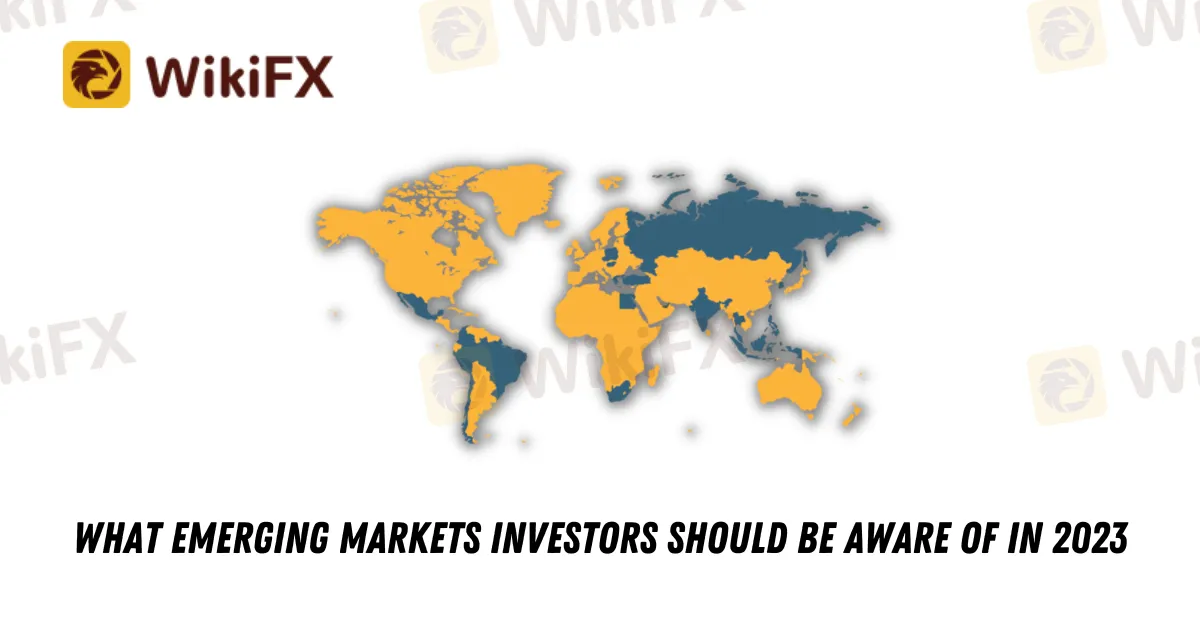
The following are the events, trends, and subjects that investors believe will influence the forecast for developing markets in the next year.
1/ LOW GROWTH, HIGH RATES
A slower pace of interest rate increases in the United States and other big countries might pave the way for an emerging market rebound in 2023, with a weaker currency and decreasing inflation offering much-needed respite.
Developing countries are anticipated to maintain their growth advantage over developed counterparts, but recession worries in the United States and Europe are casting a cloud over global markets in general, particularly in the first half of the year.
“The economic downturns, as well as the aggressive monetary tightening and geopolitical and commodities shocks that cause them, will be momentarily unpleasant in financial and developing markets,” said David Folkerts-Landau, Deutsche Bank's group chief economist.
Recovery may be slowed if developing central banks are unable to cut interest rates for the majority of the year.
Interest rates in emerging markets (https://www.reuters.com/graphics/GLOBAL-MARKETS/RATES/akpeqqrzrpr/EM18CEN22121.2.gif)
2/ REOPENING IN CHINA
The reopening of China after its COVID-19 lockdowns will be difficult, but with China accounting for roughly a fifth of global GDP, the potential of a strong rebound at a time of poor global development is appealing.
Analysts predict a strong increase in consumption and investment in the world's second-largest economy beginning in mid-2023.
“The savings rate in China right now is really high,” said Erik Zipf, head of developing market equities at DuPont Capital. “We believe that will be spent as soon as people feel safe going out, which will generate a significant economic tailwind.”
3/ UKRAINE'S WAR
Russia's invasion of Ukraine roiled markets and the global economy, and how the conflict plays out in 2023 may be just as crucial, whether it be a continuation, escalation, or progress toward a settlement.
Globally, the conflict has altered energy markets and inflationary pressures, food security, and perceptions of geopolitical danger — issues that are typically more acutely felt in developing countries. From refugee migrations to Russia's brain drain, emerging Europe has seen acute humanitarian consequences.

4/ REWORKS ON DEBT
Following COVID-19 and the conflict in Ukraine, an increasing number of nations are in financial distress: Zambia and Ethiopia are attempting to reduce debt loads through the Group of 20 Common Framework. Sri Lanka and Ghana declared bankruptcy in 2022.
However, a more complex mix of creditors, notably China's rise as the world's biggest bilateral lender, has slowed and complicated processes compared to earlier instances of the financial crisis.
“It's extremely difficult to have them all singing the same tune in the same key,” said Tim Samples, associate professor of Legal Studies at the Terry College of Business.
The number of nations barred from financial markets among smaller, riskier economies is at an all-time high - yet there may be a ray of hope.
“There isn't a lot of debt expiring next year,” said Carmen Altenkirch, an Aviva Investors developing markets sovereign analyst. “Pakistan is perhaps the nation most in danger.”

5/ BRAZIL BELOW LULA 2.0
President-elect Luiz Inacio Lula da Silva takes office on January 1st, and investors are already searching for signs of a fiscal anchor to restrict spending in Latin America's biggest economy.
Inflationary concerns have been emphasized by policymakers as a result of da Silva's 168 billion reais ($31.6 billion) expenditure plan to satisfy campaign pledges.
“Investors want to know whether Brazil's debt-to-GDP ratio is explosive or under pressure, if we'll approach 100% debt-to-GDP anytime soon or if we can stabilize it over the next two or three years,” said Gordian Kemen, Standard Chartered Bank's head of EM Sovereign Strategy (West).
6/ ELECTION IN TURKEY
As Turks walk to the polls in the most high-profile elections in emerging markets, President Tayyip Erdogan might face the largest political threat of his two decades in office.
The nation has been dealing with rising living expenses and a declining currency, with the lira recently sliding to a record low versus the dollar TRYTOM=D3. Following years of unconventional monetary policy, many investors have reduced their exposure to the country's assets. A change in leadership might result in a spectacular turnaround.
“In one way or another, this might be the most exciting story of 2023,” said David Hauner, head of EM Cross-Asset Strategy & Economics, EMEA, Bank of America Global Research.
7/ VOTE CASTING
Several other developing market nations are holding elections. Nigerians will vote for their new president in February, with incumbent Muhammadu Buhari unable to participate owing to term restrictions.
Argentina will conduct presidential elections in October in Latin America. Cristina Fernandez de Kirchner, Argentina's two-time president, and Vice President, stated she “would not be a candidate for anything” in the general election after an Argentine judge sentenced her to six years in prison in a high-profile corruption case.
In Poland, an election due in the fall might result in voters removing the country's incumbent nationalist Law and Justice party (PiS), reshaping Warsaw's contentious ties with Brussels.
($1 = 5.3109 reais)
Follow us for more Forex Market news.
Download and install the WikiFX App on your mobile phones from the download link below to stay updated on the latest news, even on the go.
Download link: https://www.wikifx.com/en/download.html

Disclaimer:
The views in this article only represent the author's personal views, and do not constitute investment advice on this platform. This platform does not guarantee the accuracy, completeness and timeliness of the information in the article, and will not be liable for any loss caused by the use of or reliance on the information in the article.
Read more
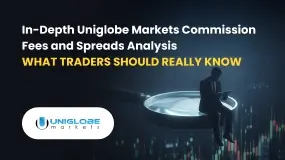
In-Depth Uniglobe Markets Commission Fees and Spreads Analysis – What Traders Should Really Know
For experienced traders, the cost of execution is a critical factor in broker selection. Low spreads, fair commissions, and transparent pricing can be the difference between a profitable and a losing strategy over the long term. This has led many to scrutinize the offerings of brokers like Uniglobe Markets, which presents a tiered account structure promising competitive conditions. However, a professional evaluation demands more than a surface-level look at marketing claims. It requires a deep, data-driven analysis of the real trading costs, set against the backdrop of the broker's operational integrity and safety. This comprehensive Uniglobe Markets commission fees and spreads analysis will deconstruct the broker's pricing model, examining its account types, typical spreads, commission policies, and potential ancillary costs. Using data primarily sourced from the global broker inquiry platform WikiFX, we will provide a clear-eyed view of the Uniglobe Markets spreads commissions prici
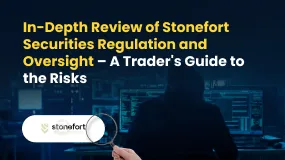
In-Depth Review of Stonefort Securities Regulation and Oversight – A Trader's Guide to the Risks
For experienced traders, the process of selecting a new broker transcends a simple comparison of spreads and leverage. It is a meticulous due diligence exercise where the integrity of the broker's regulatory framework is paramount. Stonefort Securities, a relatively new entrant in the crowded brokerage space, presents a complex and often contradictory profile. On one hand, it boasts a modern MT5 platform and a stream of positive user testimonials. On the other hand, it is shadowed by severe regulatory warnings that question the very foundation of its operations. This in-depth review focuses on the core issue for any long-term trader: Stonefort Securities regulation and oversight. We will dissect the broker's corporate structure, scrutinize its licensing claims, and analyze what the data implies for trader protection and fund security. For traders evaluating whether Stonefort Securities is a trustworthy partner, understanding these details is not just important—it is essential.
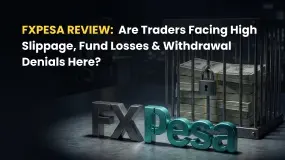
FXPesa Review: Are Traders Facing High Slippage, Fund Losses & Withdrawal Denials?
Do FXPesa support officials fail to pick up your calls when you raise fund withdrawal requests with the broker? But are these officials always open to you regarding fund deposits? Do you frequently spot slippage and stop-loss order execution errors on the FXPesa login? These issues are increasingly becoming common with this forex broker. Consequently, many traders have expressed their dissatisfaction with the broker online. In this FXPesa Review article, we have shared some of these complaints. Take a look!
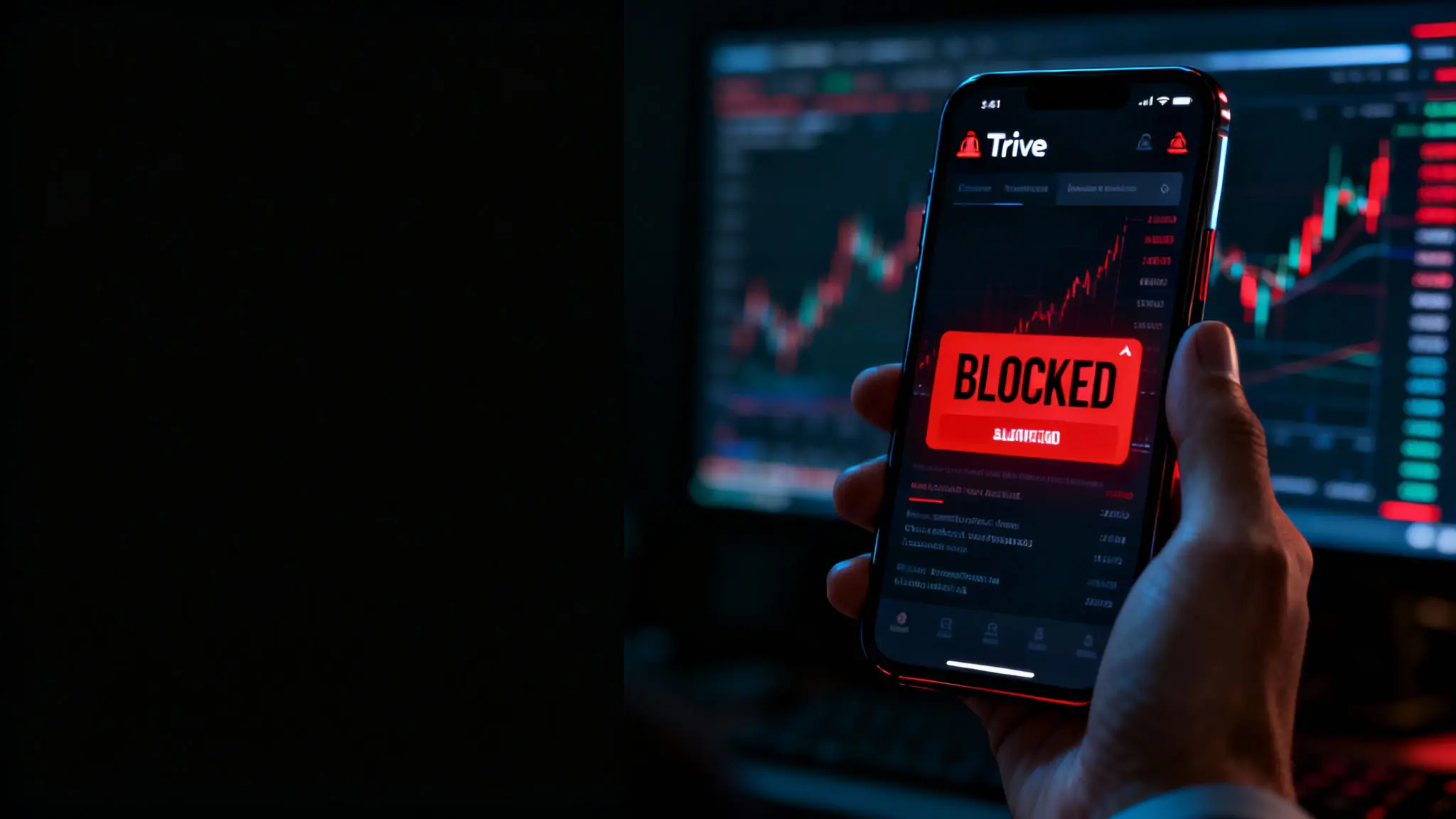
Trive Investigation: High Score, Hidden Risk - The Profit Paradox
A disturbing pattern has emerged regarding the broker Trive. Despite holding a high WikiFX score (7.91) and valid licenses in South Africa and Australia, recent investor reports suggest a significant disconnect between the platform's reputation and its treatment of profitable clients. While the regulatory paperwork appears in order, our data indicates that traders are facing sudden account freezes and accusations of "trading abuse" precisely when they attempt to withdraw profits. This report investigates why a seemingly "safe" broker is generating high-risk complaints.
WikiFX Broker
Latest News
WikiFX's New Evaluation of ATM Capital LTD: Does its License Protect the Arab Investor?
Is Axi Legit? A Data-Driven Analysis of Its Regulatory Standing and Trader Feedback
How a Fake Moomoo Ad Led to the “New Dream Voyage 5” Scam
Trive Investigation: High Score, Hidden Risk - The Profit Paradox
Bessent believes there won't be a recession in 2026 but says some sectors are challenged
Is GGCC Legit? A Data-Driven Analysis for Experienced Traders
Young Singaporean Trader Grew USD 52 into a USD 107,700 Portfolio
B2BROKER Gains Investment Bank Status in Labuan
In-Depth Review of INZO Trading Conditions and Product Offering – A Data-Driven Analysis
Merin Regulation Review 2025: Is Merin a Safe and Legitimate Broker?
Currency Calculator



